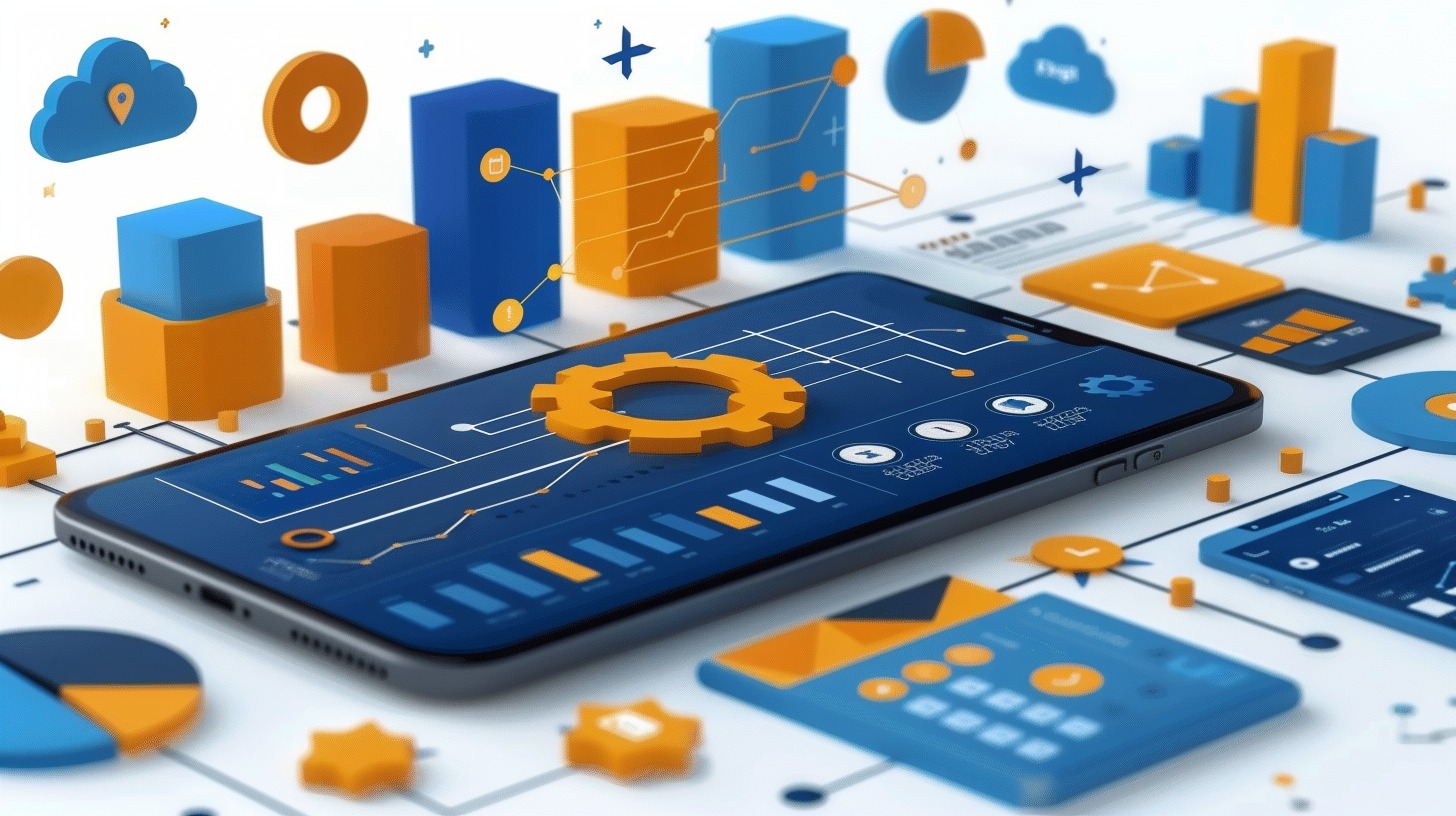
Mobile Applications for Employee Monitoring
Today, in the fast-paced and interconnected world, using mobile applications for employee monitoring has become increasingly common in numerous industries. The applications offer employers worldwide a golden opportunity to track their employees’ activities, performance, and productivity. While some may believe such a method is intrusive or a violation of privacy, others see it as a necessary tool to maintain efficiency, accountability, and security in the workplace.
Tracking Applications
Various mobile applications allow employers to monitor their employees’ activities while on the job. GPS tracking allows applications to track time spent on certain tasks, websites visited, keystrokes typed, and location. Some can also offer screen capture, file monitoring, and email tracking features. Employers can put up alerts and information to inform employees of suspicious or inappropriate behavior.
Mobile Applications Advantages
One of the direct advantages of using mobile applications for employee monitoring is the ability to increase productivity and efficiency in the workplace. By keeping track of how employees are spending their time and what jobs they are working on, employers can identify areas of improvement and implement strategies to streamline operations. This can lead to a more effective workforce and, ultimately, increased profitability for the company.
Compliance with Company Policy
Employee monitoring applications can help to ensure compliance with company policies and regulatory requirements. By monitoring employee activities, employers can detect and address any behavior violating company policies or industry regulations. Therefore, it is possible to prevent such issues as fraud, harassment in the workplace, and data breaches. Additionally, monitoring employee communications can help prevent leaks of confidential information and protect companies’ intellectual property.

Performance Monitoring
Due to the recent advancements of Employee Monitoring Software, it is possible to improve employee accountability and performance. When employees know their activities are watched, they are more likely to remain on task and avoid distractions. This can lead to higher grades of productivity and quality of work. In addition, monitoring can provide valuable feedback to employees on their performance, allowing them to make necessary improvements and develop their skills.
Transparent Procedure
However, it is necessary that monitoring should be conducted transparently and ethically. This means employers should communicate to employees that their activities are being monitored and for what purposes. Establishing clear policies and guidelines for monitoring applications and platforms is essential to ensure that employees’ privacy rights are respected.
Conclusion
Mobile applications for employee monitoring can be a valuable tool for employers to improve workplace productivity, efficiency, and accountability. However, balancing the benefits of monitoring with appreciating employee solitude and maintaining a positive work environment is essential. By establishing clear policies, communicating openly with employees, and using monitoring data responsibly, employers can harness the power of mobile applications to create a more productive and secure workplace for all.


